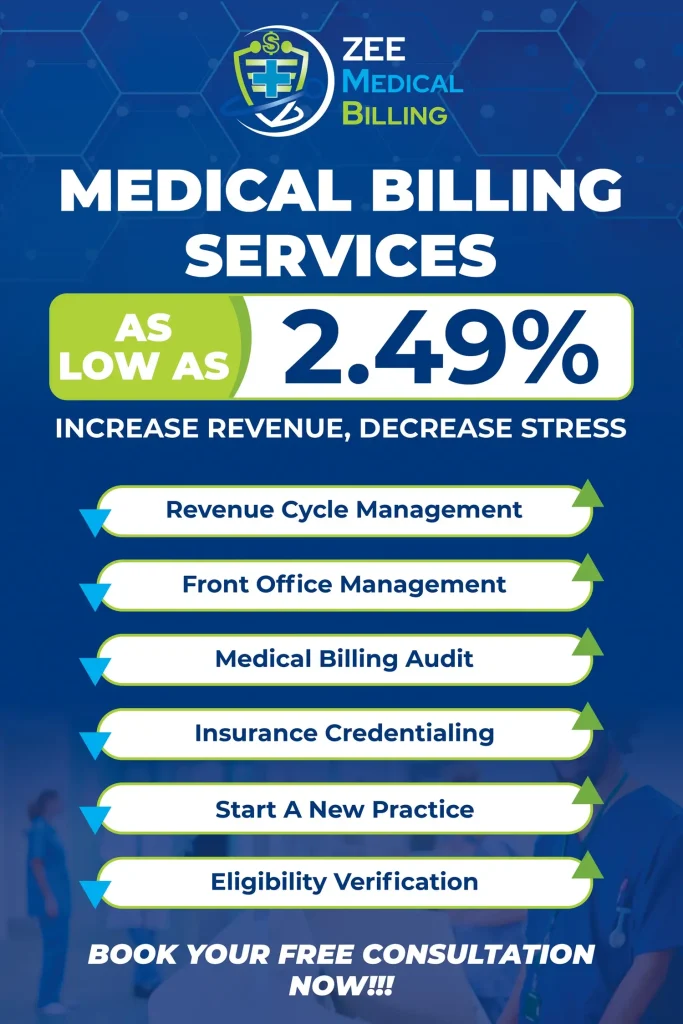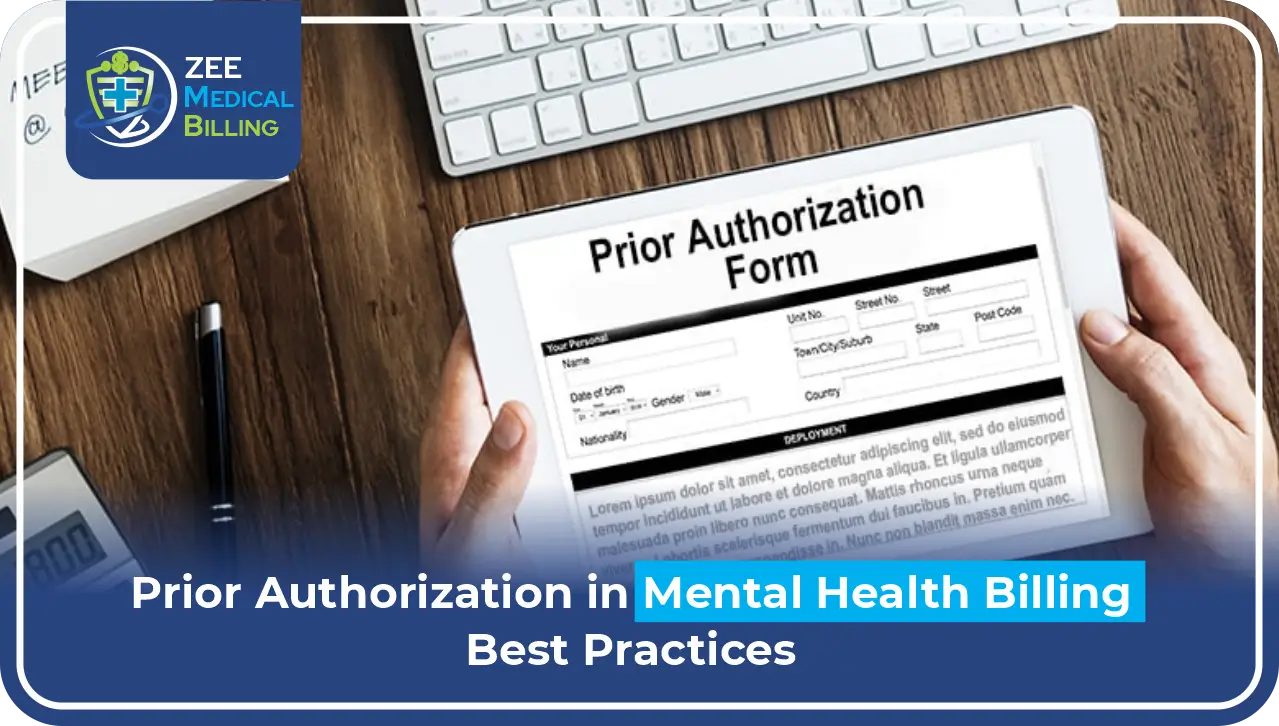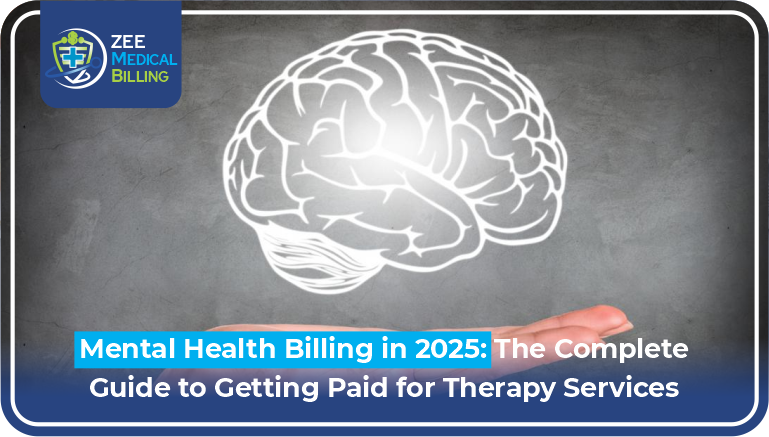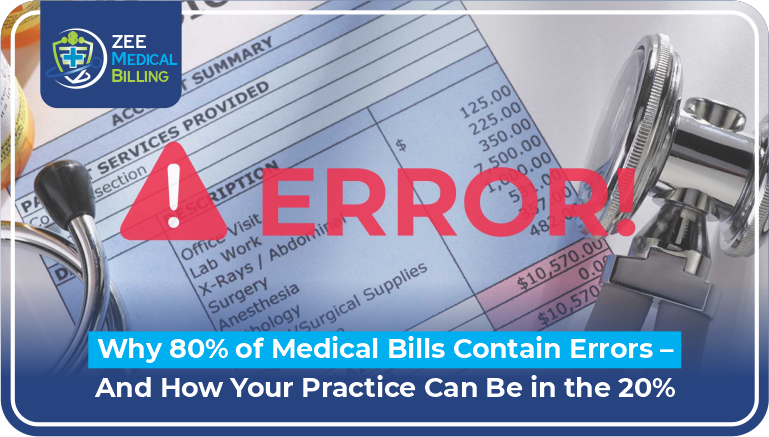Understanding the Grace Period in Health Insurance
A grace period in medical billing is extra time for policyholders to pay their premiums. This happens after the due date has passed, and it allows them to keep their coverage without losing it right away. This timeframe ensures that temporary financial setbacks don’t cause an abrupt lapse in medical insurance coverage.
In the U.S., the grace period for health insurance can change. It depends on the type of insurance and if it is part of the Health Insurance Marketplace.
Key Features of a Grace Period:
- It allows policyholders to stay covered temporarily even if payment is delayed.
- Coverage often continues during the grace period, but the company may hold claims until it receives payment.
- The length of the grace period can differ by state, insurer, or policy type.
Why Is There a Grace Period in Insurance?
A grace period helps prevent coverage gaps for people who may miss a payment. This can happen for personal or financial reasons. Insurance companies recognize that missing a premium date doesn’t always mean someone wants to cancel their plan.
Also Read: What is an ABN in Medical Billing?
Instead of terminating the policy immediately, the grace period acts as a buffer.
Common Reasons People Use Grace Periods:
- Job loss or income delay.
- Temporary financial hardship.
- Overlooked due dates.
- Banking errors.
Standard Grace Period Timelines
The length of grace periods depends on policy structure and regulatory standards.
Common Grace Periods by Insurance Type:
| Insurance Type | Typical Grace Period |
| Individual Health Plans (Marketplace, subsidized) | 90 days |
| Employer-sponsored Health Plans | 30 days (varies by employer) |
| Medicare Supplement (Medigap) Plans | 30 days |
| Private Commercial Insurance | 30–31 days |
Note: Under the Affordable Care Act, if you qualify for a premium subsidy and have paid at least one full premium, you typically receive a 90-day grace period.
How Grace Periods Work in Medical Billing?
In billing, the grace period affects how providers manage claims. Here’s how:
- If a patient is in their grace period, providers may still deliver care, but payment may be delayed.
- Insurers may pend claims during the grace period—especially in months two and three of the 90-day grace window.
- If the premium is not paid by the end of the grace period, the insurance may be canceled. Claims can also be denied.
Example:
If a patient with a Marketplace plan misses their March payment but pays it by May, they can still receive payment for claims from March and April. If they don’t pay, the system could deny all pending claims.
Grace Period vs. Waiting Period
It’s easy to confuse these two, but they are completely different.
Comparison Table:
| Term | Grace Period | Waiting Period |
| When It Occurs | After coverage has started | Before coverage begins |
| Purpose | To provide time to make late payments | To delay coverage for certain services |
| Coverage Status | Still active (temporarily) | Not active for specific services |
| Common Duration | 30–90 days depending on policy | 30–90 days depending on employer/plan |
Common Mistakes About Grace Periods
Understanding grace periods is crucial for both patients and medical billing staff. Below are some common misconceptions:
- Assuming coverage is always active: In months two and three of the 90 days, insurers may pause coverage for new services.
- Thinking there’s a grace period with every insurance: Not all policies offer the same grace period.
- Believing providers always get paid: Claims may remain unpaid if the premium is not settled by the end of the grace period.
Managing Claims During the Grace Period
Medical billing teams should be cautious when submitting claims for patients known to be in their grace period.
Also Read: What Is Authorization in Medical Billing?
Best Practices:
- Verify coverage before appointments.
- Check payment status for patients with Marketplace plans.
- Communicate clearly with patients about their balance and pending claims.
- Hold claims if insurance is at risk of lapsing.
FAQs
What does a grace period mean in health insurance?
A grace period is the time after a missed premium payment when a policyholder still retains their insurance coverage. It gives individuals the opportunity to catch up on their payments without losing benefits. However, if you do not make payment on time, the services you receive during this period may face held or denied claims.
Is there a 30-day grace period for all insurance plans?
Not always. Many commercial and employer-sponsored health plans offer a 30-day grace period. However, plans bought through the Health Insurance Marketplace with subsidies usually have a 90-day grace period. The exact length depends on your insurance provider and policy terms.
What happens if I miss the grace period deadline?
If you do not pay the premium after the grace period, the insurance company may end your policy. This means you could lose coverage for services you received during the unpaid months, and you might have to pay those bills. Settling any missed premiums within the grace period is crucial to avoid such issues.
Do medical providers still treat patients in the grace period?
Yes, but they may be cautious. Providers might delay submitting claims or inform patients about potential payment issues if the policy lapses. Some providers may request upfront payment or check eligibility before proceeding with non-emergency care.
How can I check if I’m in a grace period?
You can contact your insurance provider directly or review your latest premium payment statements. Many insurers also offer online portals or mobile apps to track your billing status and grace period alerts. Staying informed helps avoid accidental policy lapses.
Conclusion
The grace period in medical billing is more than a deadline. An important protection for patients and providers exists. It guarantees continuity of care even when payments are delayed and sets clear expectations on financial responsibility.
Knowing how grace periods work, especially for Marketplace or subsidized plans, can help patients avoid unexpected costs. It can also help billing professionals manage claims better. Always check with your insurance company about your plan’s rules. Stay proactive about payment deadlines to keep your healthcare coverage active.
Need Expert Medical Billing Services?
Zee Medical Billing provides professional billing solutions tailored to healthcare providers across the United States. In addition to offering top-tier support from our main office, we proudly serve clients in Illinois, Indiana, California, Kentucky, New York, Washington, Georgia, Alabama, South Carolina, Texas, Pennsylvania, Ohio, New Hampshire, Nevada, Massachusetts, Hawaii, Arizona, and Colorado! Whether you’re looking to streamline your revenue cycle or improve claims accuracy, you can reach out to us to learn more about how we can support your practice.









